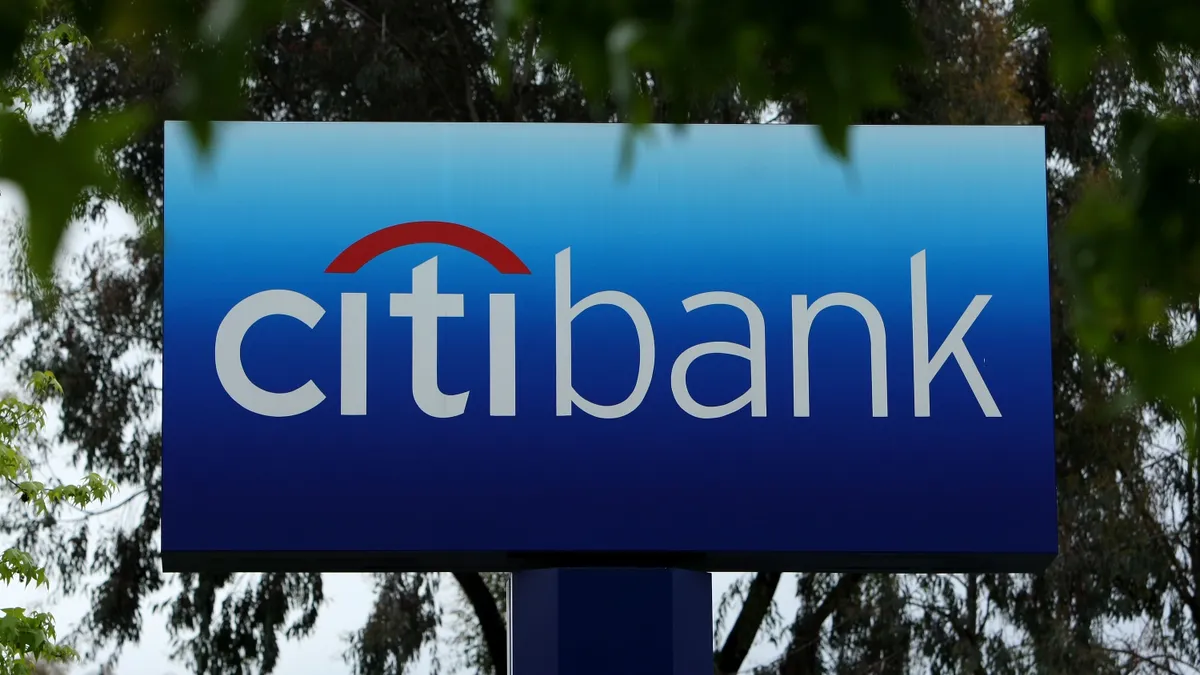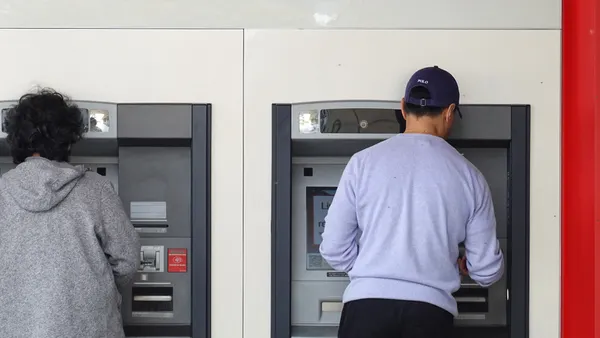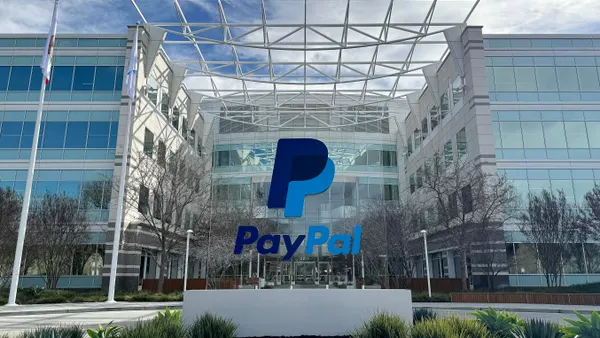Citi has launched a token service using blockchain technology to offer digital asset solutions for its institutional clients, the lender announced Monday.
The new service, called Citi Token Services, will convert clients’ deposits into digital tokens that can be used for instant cross-border payments, liquidity and automated trade finance solutions around the clock, Citi’s statement said. The service, part of the bank’s treasury and trade solutions, aims to integrate tokenized deposits into Citi’s global network to boost its core cash management and trade finance capabilities.
“Digital asset technologies have the potential to upgrade the regulated financial system by applying new technologies to existing legal instruments and well-established regulatory frameworks,” Shahmir Khaliq, Citi’s global head of services, said in a statement. “The development of Citi Token Services is part of our journey to deliver real-time, always-on, next-generation transaction banking services to our institutional clients.”
The product debut aligns with Citi’s work on the regulated liability network to create interoperable digital asset solutions for multiple banks, Khaliq said.
Citi's blockchain technology is owned and managed by the bank, with clients not needing to host a blockchain node to use the services.
Testing the technology
Citi has tested the service with the shipping giant Maersk and a canal authority. The digital process used in the pilot service provided instant payment capabilities to the buyers and sellers via smart contracts — a method meant to reduce transaction time from days to minutes, the bank said. The digitized solution is designed to work similarly to bank guarantees and letters of credit in the trade finance ecosystem.
Citi Token Services has also been tested on a global cash management pilot to enable Citi’s clients to transfer liquidity between the lender’s branches around the clock.
“Frictions related to cutoff times and gaps in the service window will be reduced,” Ryan Rugg, global head of digital assets within Citi’s treasury and trade solutions division, said in a statement. “Our solutions within the Citi network are complemented by inclusive and open industry collaboration on initiatives like the regulated liability network.”
Citi is hardly the only bank to introduce blockchain technology for its clients. JPMorgan Chase operates a blockchain network, Onyx, and a private stablecoin, JPM Coin. The U.S. Patent and Trademark Office last year approved a trademark for “J.P. Morgan Wallet” — aiming to provide electronic transfer of virtual currencies for members, cryptocurrency payment processing, virtual checking accounts and payment settlement between parties.
JPMorgan is also exploring a blockchain-based digital deposit token to expedite cross-border payments, Bloomberg reported this month. Most of the groundwork for the tokens has been completed, but the lender is waiting for a go-ahead from the regulators, according to the wire service.













